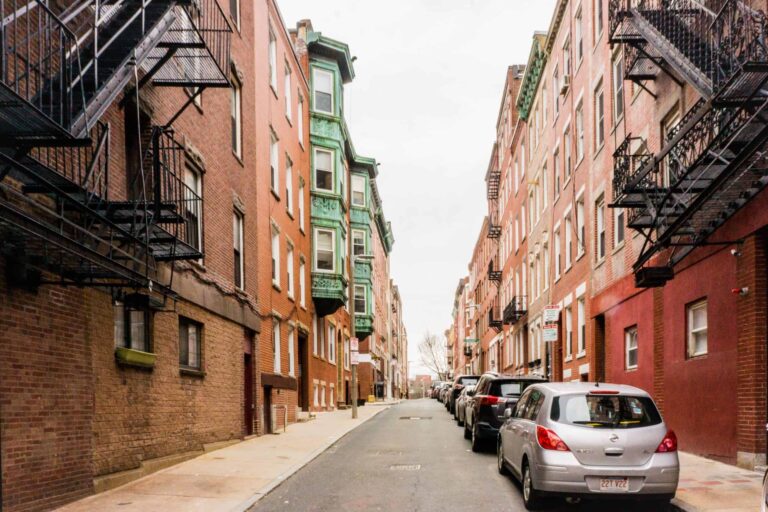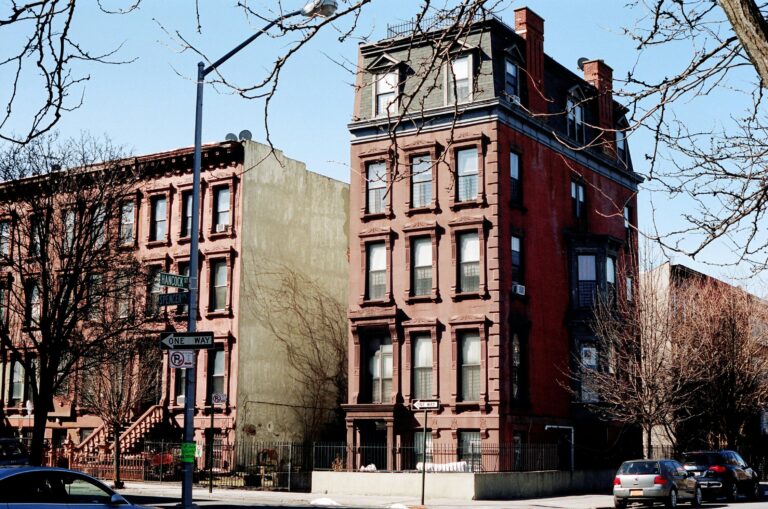EducationSuperHighway was honored to join together with New Hampshire Governor Maggie Hassan and New Hampshire Department of Education Commissioner Virginia Barry this week at an event at the Ellis School in Fremont to highlight the work being done in the Granite State towards expanding broadband to more schools in every community.
The event focused on efforts around the New Hampshire School Connectivity Initiative which was launched by the governor in February of this year. The Initiative involves multiple agencies working together to increase connectivity at New Hampshire schools. Partners in the initiative include the New Hampshire Department of Education, the New Hampshire Department of Information Technology, the New Hampshire Department of Resources and Economic Development, the University of New Hampshire, and EducationSuperHighway working together to increase connectivity at New Hampshire schools in the years ahead.
Our Founder and CEO, Evan Marwell, spoke at the event, “Thanks to the partnership between EducationSuperHighway, Governor Hassan, Commissioner Barry, and the Connectivity Initiative, we are actively working on ways to dramatically upgrade the broadband connection at the Ellis School so that students will have access to a new world of educational resources and opportunity. Improving access to high speed Internet will throw the doors to a 21st century education wide open for the 423 students who go to school here. That’s a great thing for them, and for the state of New Hampshire. We look forward to improving connectivity at schools all across New Hampshire, and we are honored to be a part of Governor Hassan and Commissioner Barry’s visionary effort to get this done.”
“New Hampshire’s young people are our future, and ensuring that they are equipped with the skills and innovative thinking needed for good jobs of the 21st century economy is critical to the future success of our economy and our state,” Governor Hassan said. “High-speed broadband is an essential tool in preparing our young people for the innovation economy, opening doors for students and broadening educational opportunities across all curriculum, including critical STEM areas. I am proud to support the New Hampshire School Connectivity Initiative and the important work of EducationSuperHighway as we work together to enhance the learning experience for all our students and to build a brighter future where all of our young people have the opportunity to grow, thrive and seize their full potential.”
Based on 2015 data, 31% of New Hampshire school districts are not meeting a minimum connectivity goal of 100 kbps/student, and up to 32% of schools may need fiber upgrades. New Hampshire is also facing issues surrounding the affordability of high-speed Internet with some school districts across the state paying 10 times that of their neighbors for similar broadband services. We have been working with the Ellis School since May of this year to find potential new providers that may be interested in serving SAU 83, as well as working with the current provider to determine what upgrade options are available.
The EducationSuperHighway team looks forward to helping all schools across New Hampshire upgrade their broadband access to affordable, scalable connectivity that can meet their digital learning needs into the future.



